Class aims:
- Learn to internalize songs quickly
- Learn to lay them out effectively on the guitar
- Learn to personalize the song on the fly, with a range of substitute progressions that might also generate intros and endings.
How is it that some musicians seem to be able to pick up a new tune in no time at all? Even if, initially, they don’t seem all that familiar with a song you’ve called, they only sneak the most cursory glance at the changes, if they even do that. A few moments later, they’re playing the piece with creative flair and total confidence. Not only that, when the time comes, they’re ready to put the perfect intro and ending on it as well.
Were they just kidding? Maybe they knew it all along! Perhaps it’s just luck that they have ‘those ears’…?
Well, there could be a little of that involved sometimes, but experienced jazz musicians really can internalize tunes incredibly quickly, and that’s because there’s a knack to it. What’s more, it’s the same skill set that allows them to deliver seemingly endless variations that always remain compatible with what everyone else is doing. It’s also knowledge that can boost aural awareness and, finally, from a guitar standpoint, it’s a huge part of what enables us to generate complete sounding renditions of a song by ourselves.
In the full 1hr08m class:
- We break down the original chords and melody of Frank Loesser’s “I’ve Never Been In Love Before”, so that they’re easy to remember and treat creatively.
- After going over some essential first principles, we then look closely at a solo guitar rendition, starting with a really simple ‘block-out’ of the basic chords and melody.
- The basic rendition gradually evolves towards a more complex setting, that includes 12 different harmonic variations within the basic road map of the tune. These also give us some ideas for appropriate intros and endings.
- Everything we discuss is fully notated and tabbed in the 28-page PDF that accompanies the class.
- Perfectly synchronized on-screen captions ensure that you can always see exactly what you’re hearing, even on a bar-by-bar basis at the full performance tempo.
As usual, I’ve tried to accommodate learners at different levels of experience. Someone relatively new to standard repertoire will learn some very important first principles, and shouldn’t have too much trouble with the basic solo guitar setting of the tune. The fully expanded rendition may be more aspirational at this stage but, even then, the concepts behind it should be easy enough to understand.
Meanwhile, experienced players should find themselves able to deliver all the material without too much trouble, but even someone familiar with the general principles involved may well have their eyes and ears opened to new possibilities. For both groups, the over-riding aim is that the student takes away transferrable ideas that will inspire self-directed study in the future.
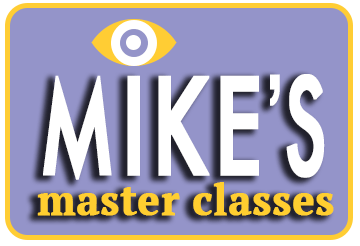
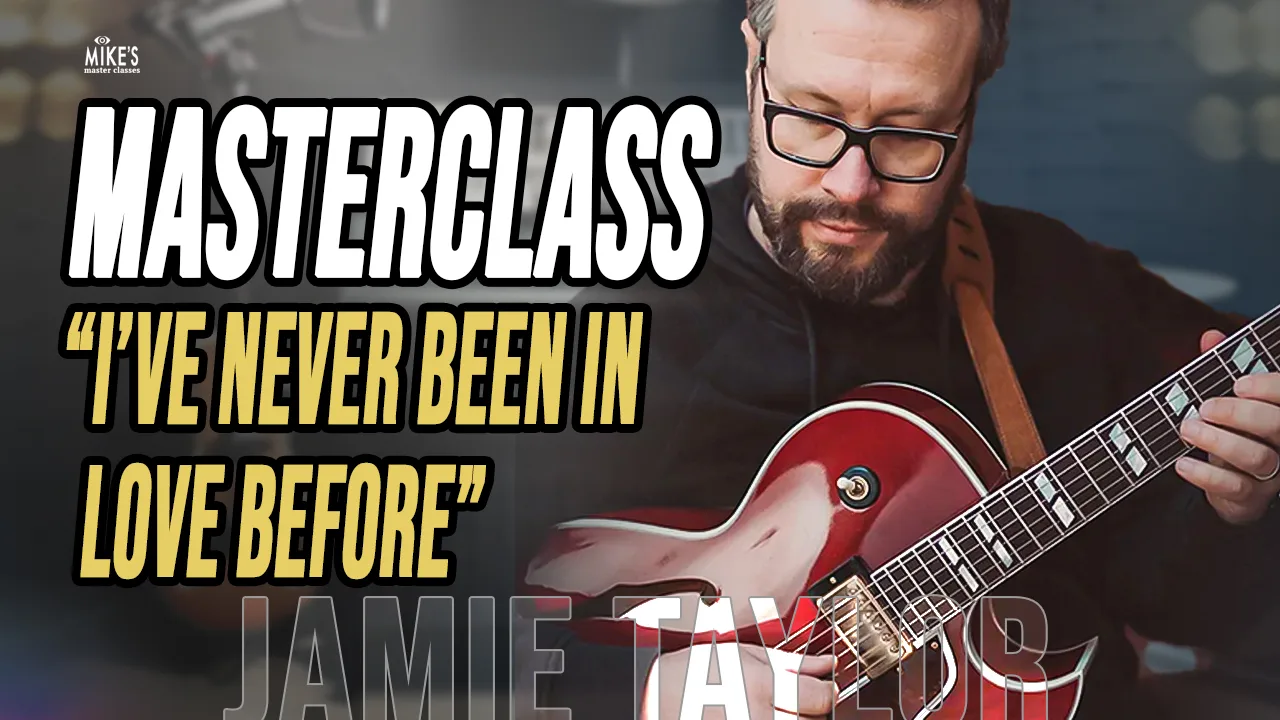
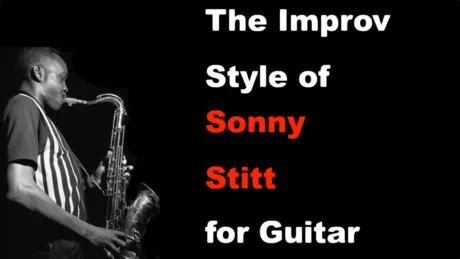
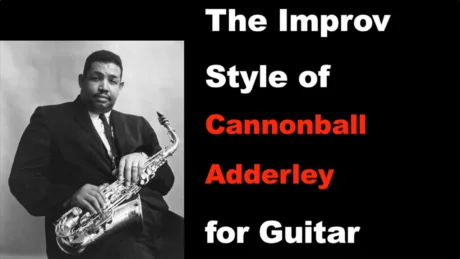






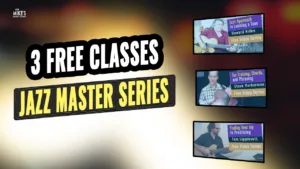
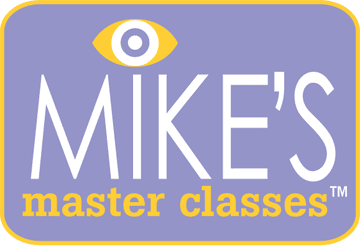
HDQ
Jamie Taylor, is absolutely the best class editor on the site. His videos are HD quality, perfect audio, no dead time, no wives passing through – thanks to a professional media editing. Great class! I hope other will follow with more complex tunes.
by marco giussani